Game Development Licensing Agreements: Avoiding Legal Issues with Royalty-Free Assets
Indie game developers often rely on royalty-free assets to bring their visions to life without incurring prohibitive costs. While these assets offer significant advantages, their ‘royalty-free’ status does not mean ‘free from all legal obligations.’ Understanding the underlying licensing agreements is crucial to avoid future legal issues when publishing your game.
Decoding Royalty-Free Licenses
Royalty-free means you do not pay ongoing fees based on your game’s revenue or distribution. However, it always comes with a specific license outlining usage terms. These terms typically define what you can and cannot do with the asset.
Always read the full license text before integrating any asset into your project. Do not assume ‘royalty-free’ implies unlimited use; restrictions often apply to resale, redistribution, or specific commercial contexts.
Common Pitfalls and How to Avoid Them
One frequent mistake is failing to check if the license permits commercial use. Some royalty-free assets are intended for personal or non-commercial projects only, which can halt your game’s release if overlooked.
Another pitfall involves attribution requirements. Many licenses, even royalty-free ones, demand proper credit to the original creator. Neglecting attribution can lead to license breaches and potential legal action.
Modifying assets without permission is another common issue. While many licenses allow modification, some have specific clauses about derivative works. Verify these terms to ensure your creative freedom aligns with the license.
Using assets from unreliable sources poses a significant risk. Assets offered on questionable websites might not be genuinely royalty-free, or the uploaders might not hold the necessary rights to distribute them. This can expose you to copyright infringement claims.
Best Practices for Legal Compliance
Maintain detailed records of every royalty-free asset you use. Document the source, the date of acquisition, and a copy of the specific license agreement in effect at that time. This paper trail is invaluable if a legal dispute arises.
Utilize reputable asset libraries that clearly state their licensing terms. Platforms like Strafekit provide high-quality assets with straightforward licensing, reducing ambiguity and risk. Always prioritize clarity and transparency when sourcing assets.
Consider using a version control system for your assets. This helps track changes and ensures you can revert to a legally compliant state if a modification violates a license. It also aids in managing your overall project’s integrity.
If you are unsure about a specific license term, seek legal advice. A small investment in legal consultation early on can prevent much larger problems down the line. Do not guess when it comes to legal obligations.
Ensure your team understands the licensing restrictions for all assets. Educate everyone involved in asset integration about the importance of compliance. Team collaboration tools can help disseminate this critical information.
When choosing your game engine, remember that different engines might have their own ecosystem of assets and associated licenses. For example, if you are considering Unreal Engine, understanding its system requirements and asset integration guidelines is crucial. You can learn more about this by checking out What are the System Requirements for Installing Unreal Engine?.
Create a free account, or log in.
Gain access to free articles, game development tools, and game assets.

.webp)
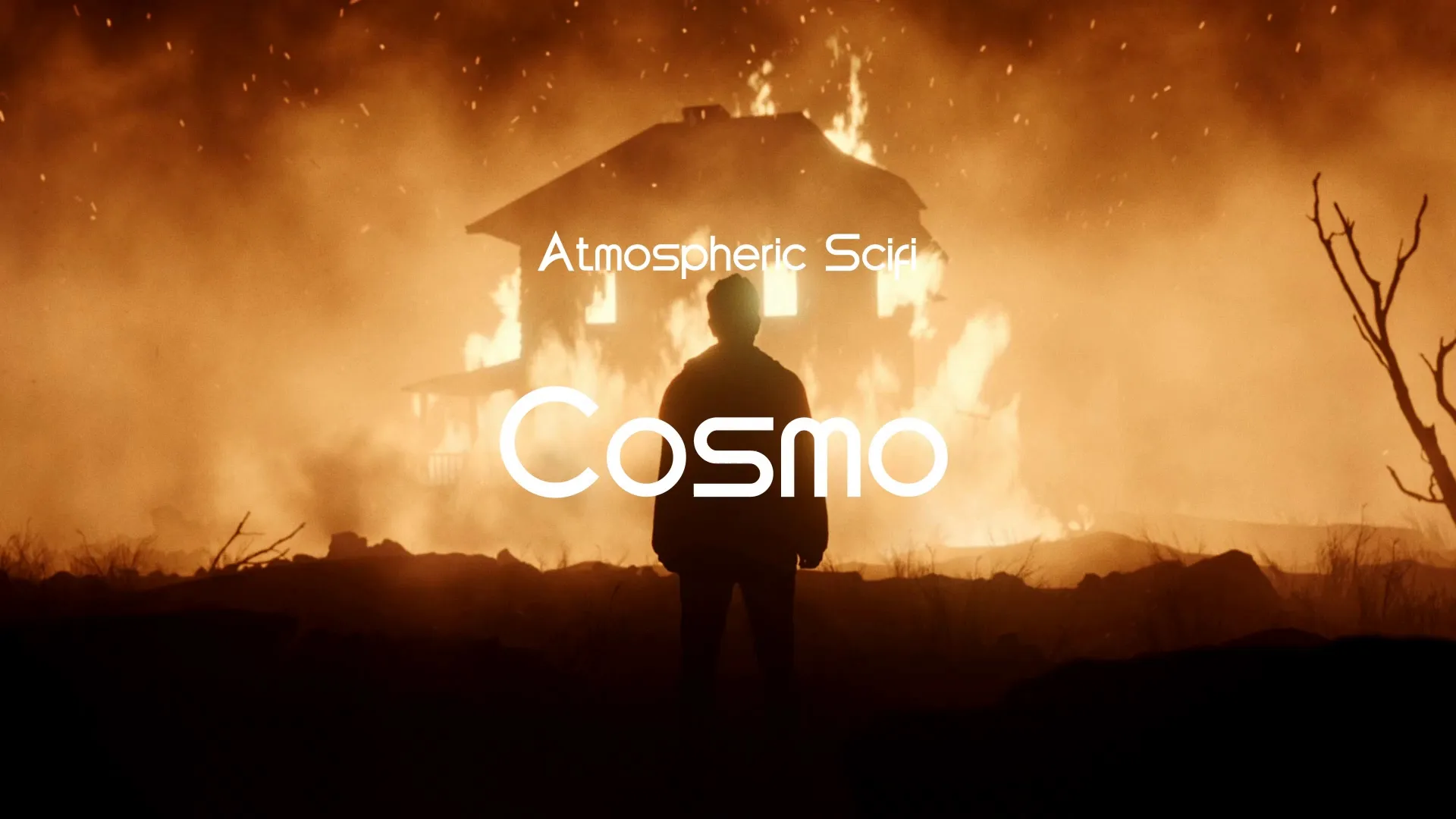
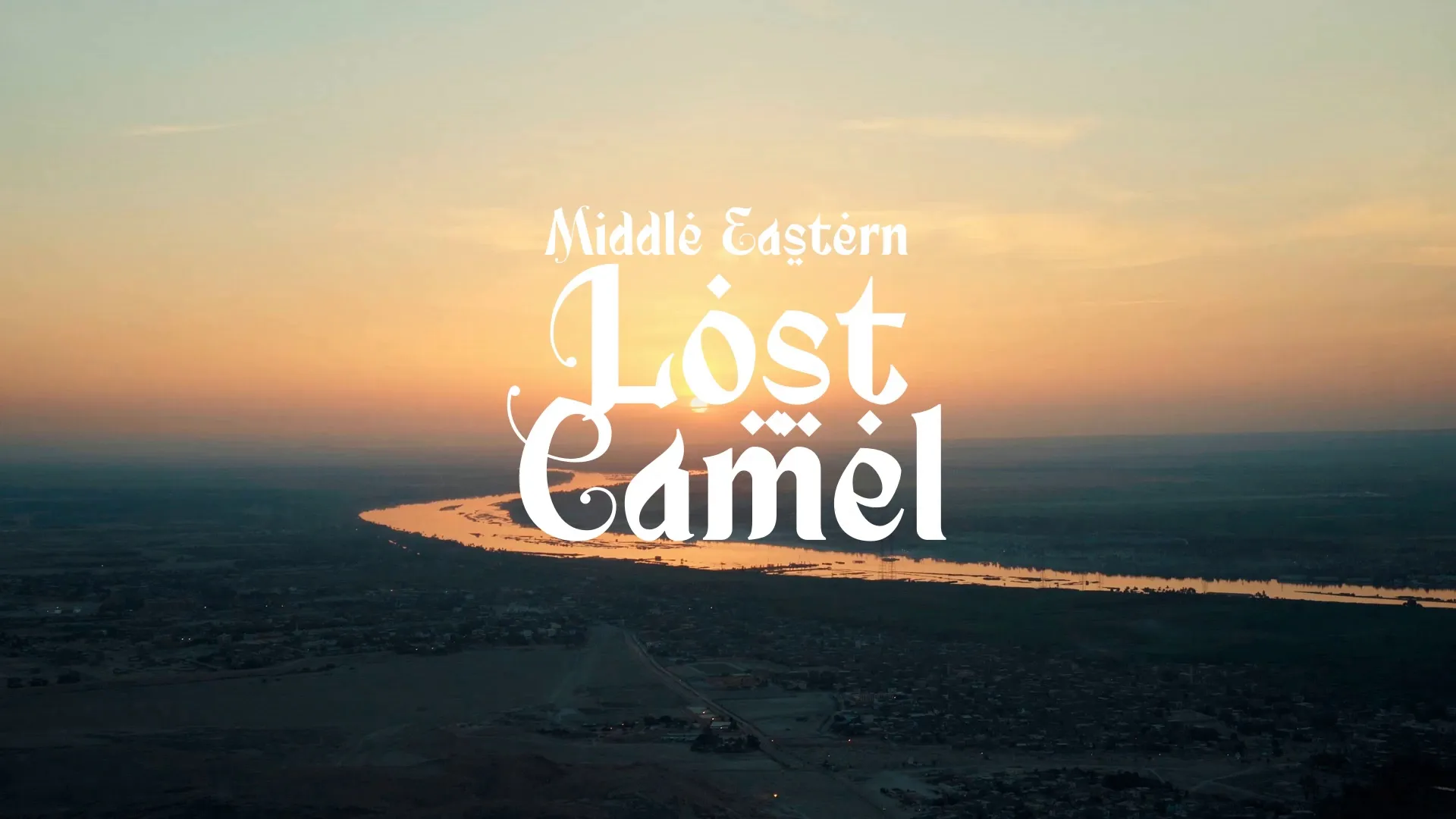

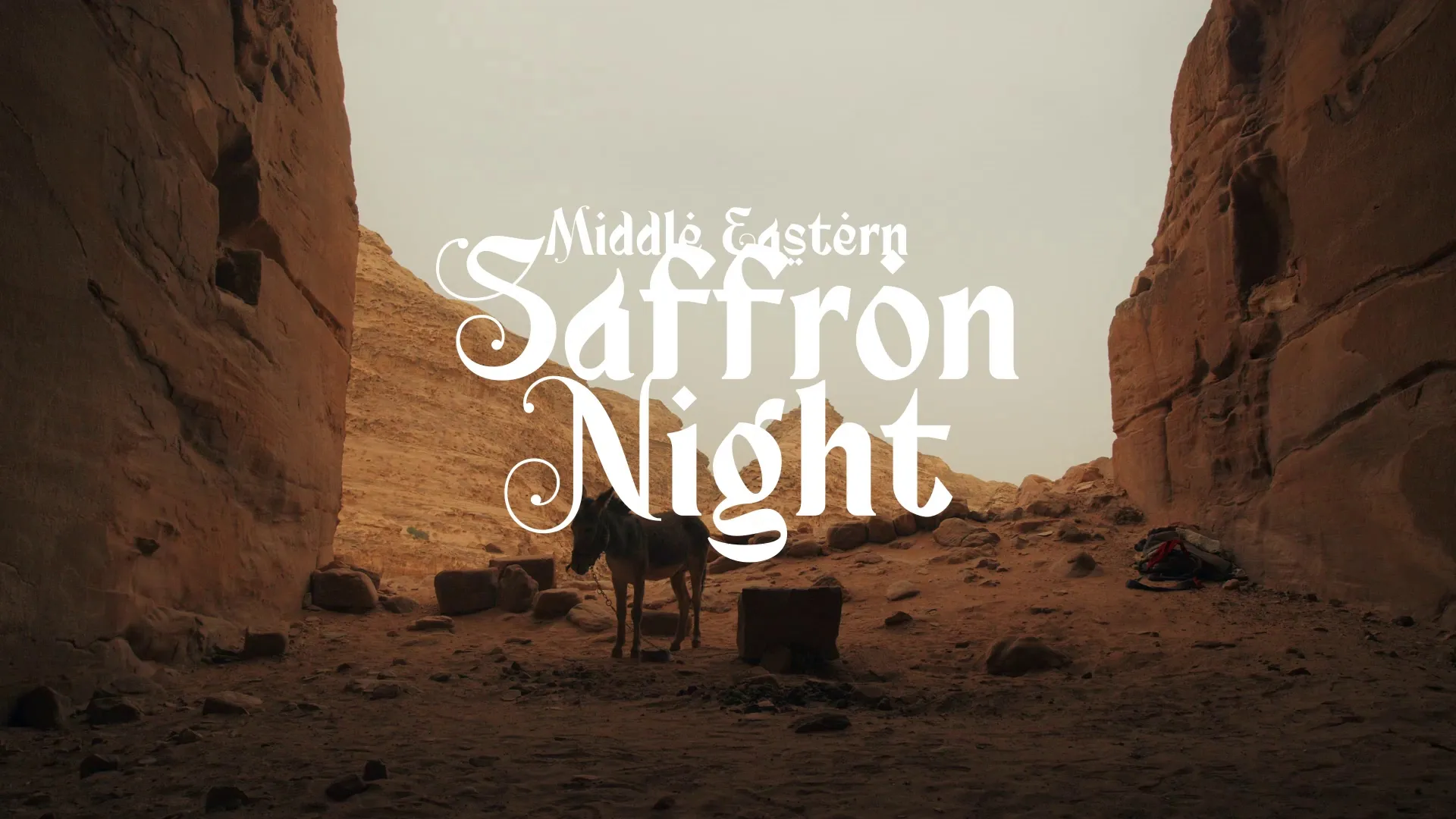
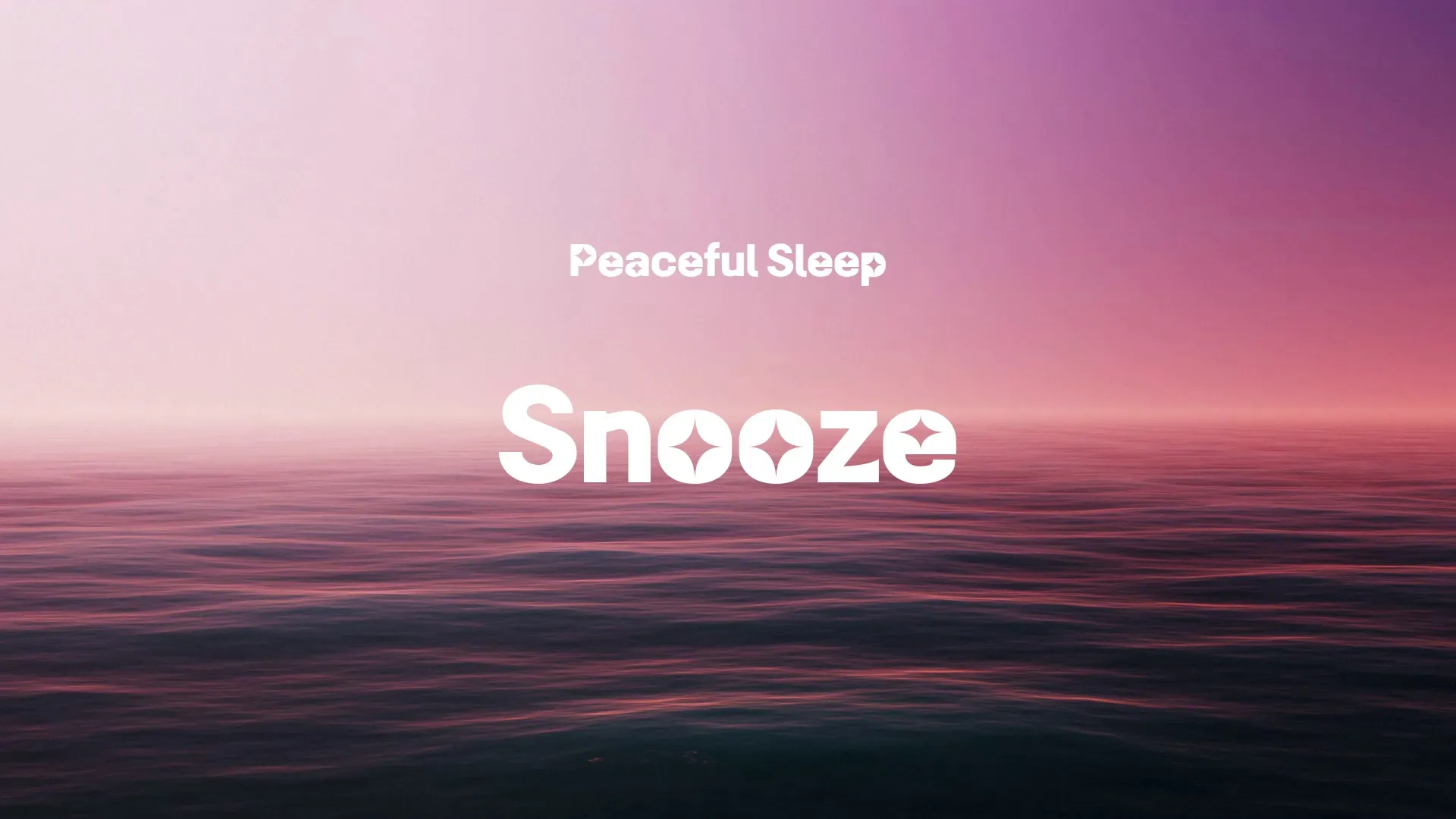

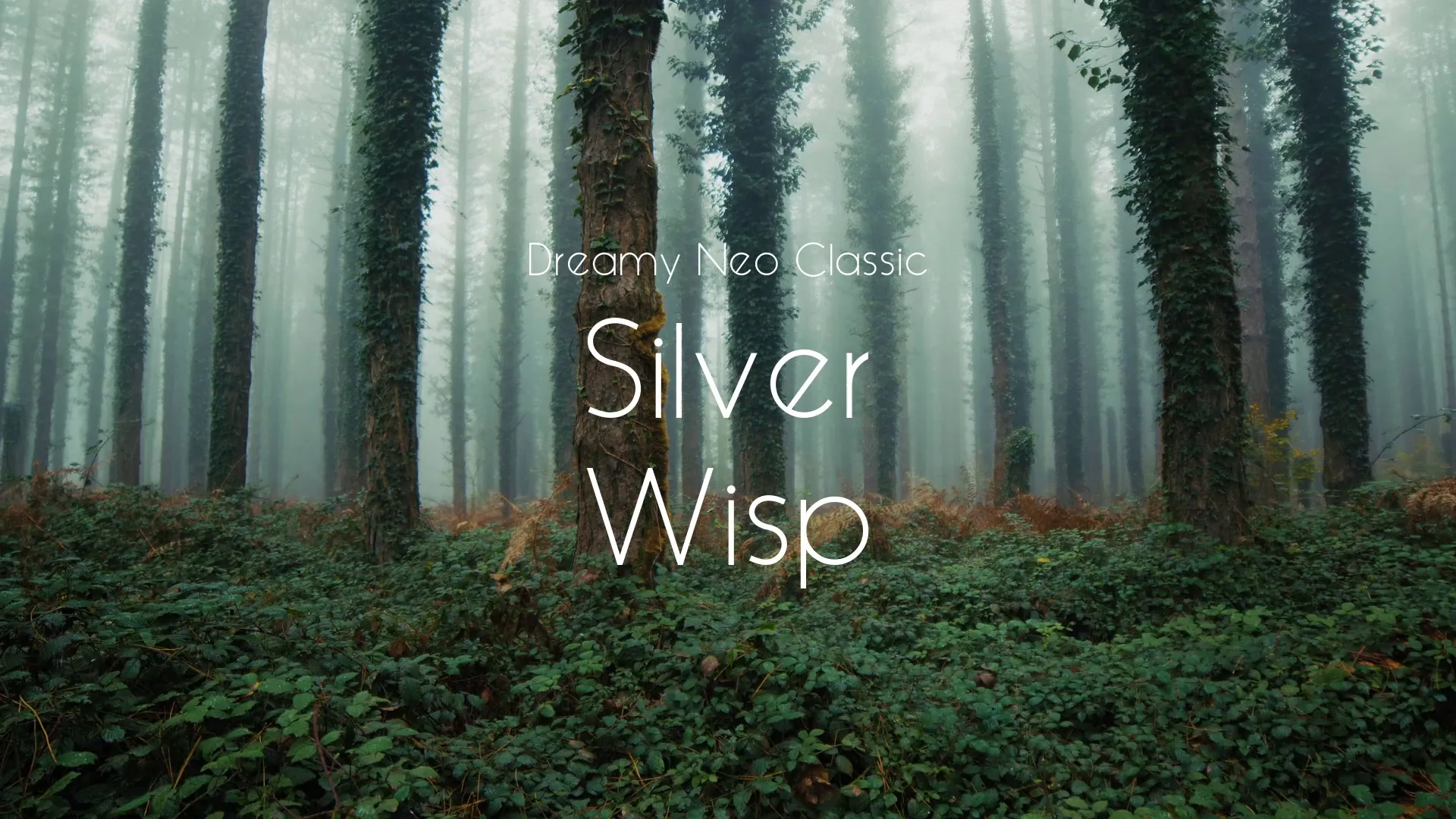
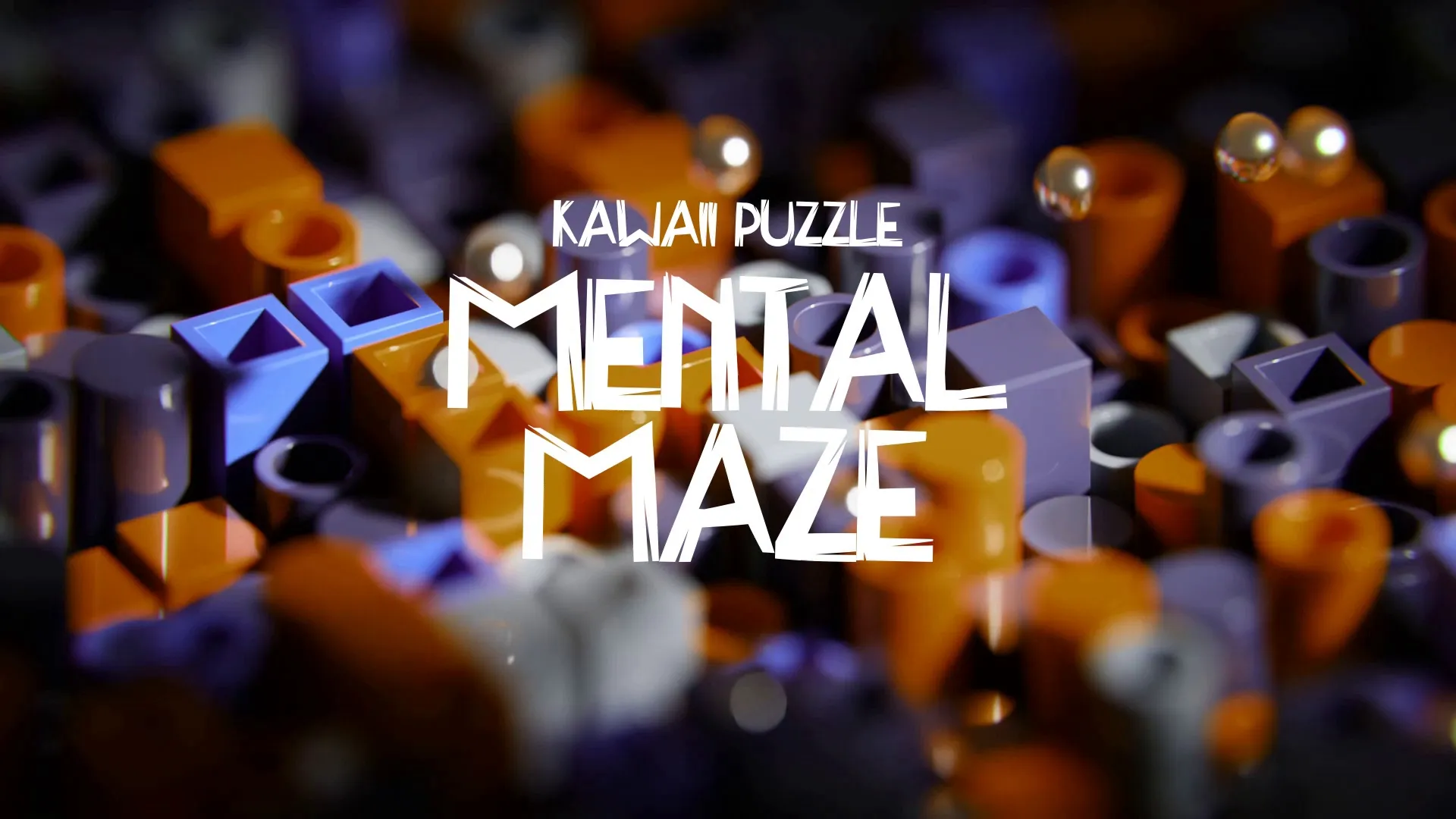

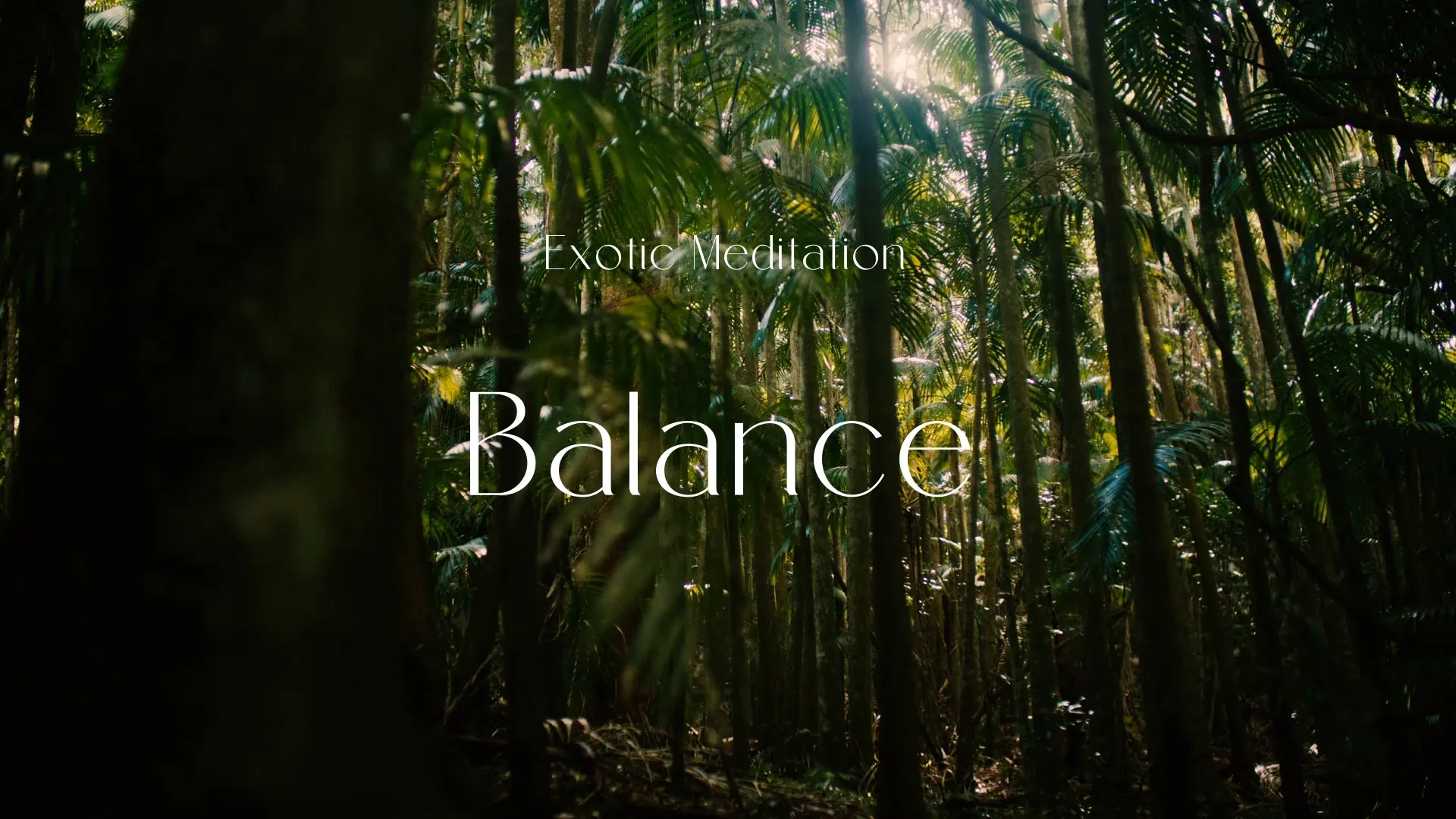
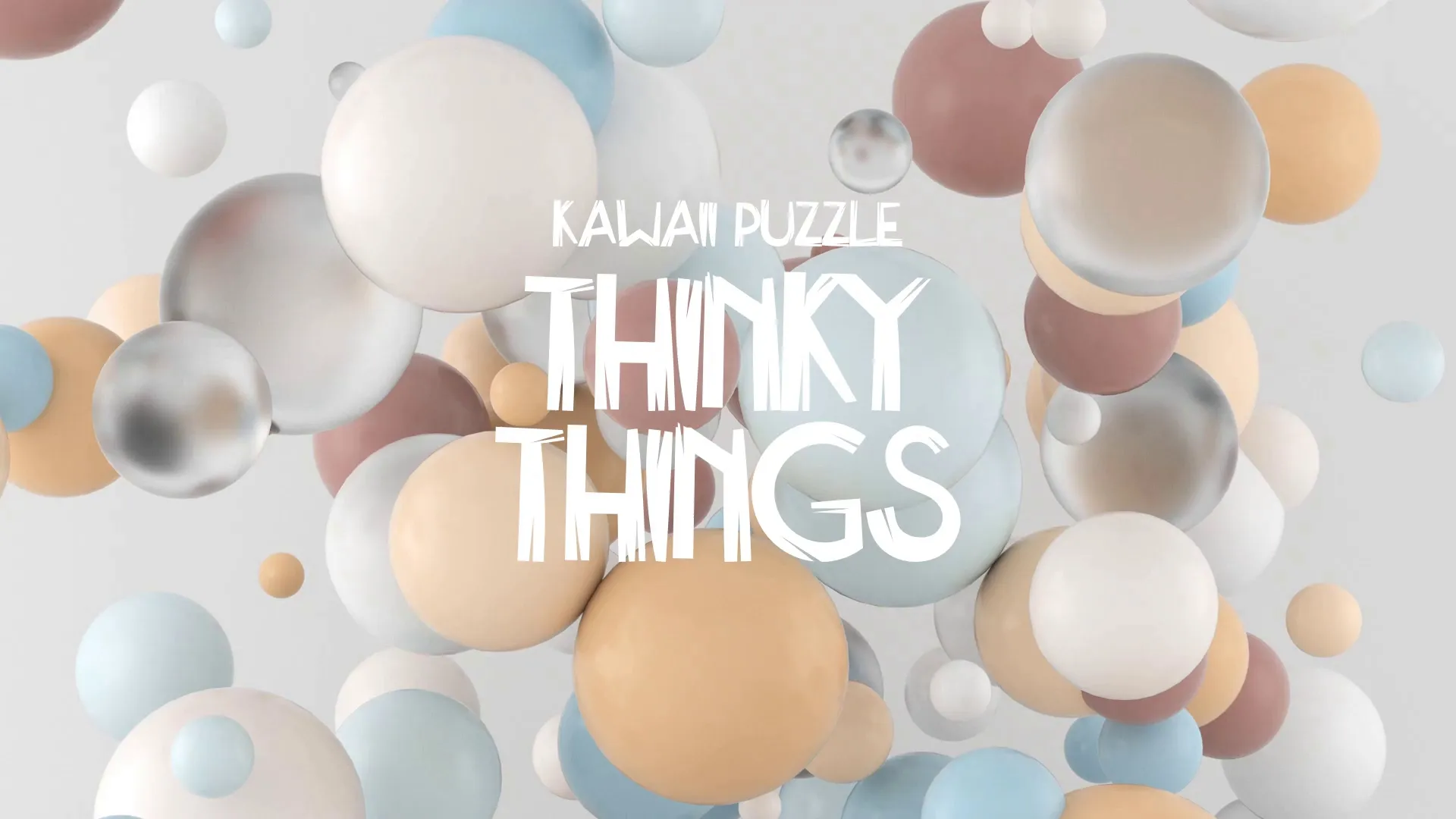
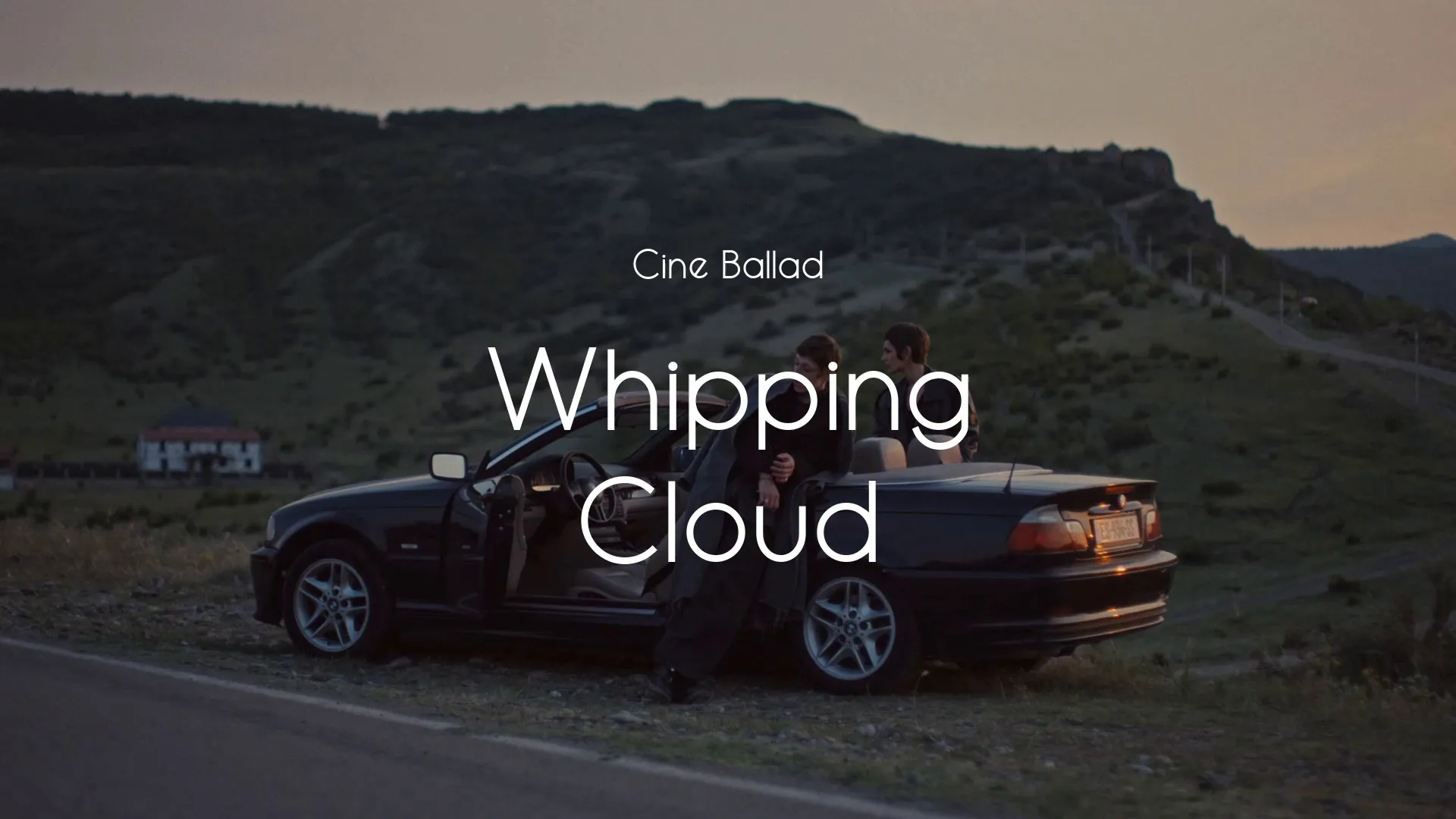



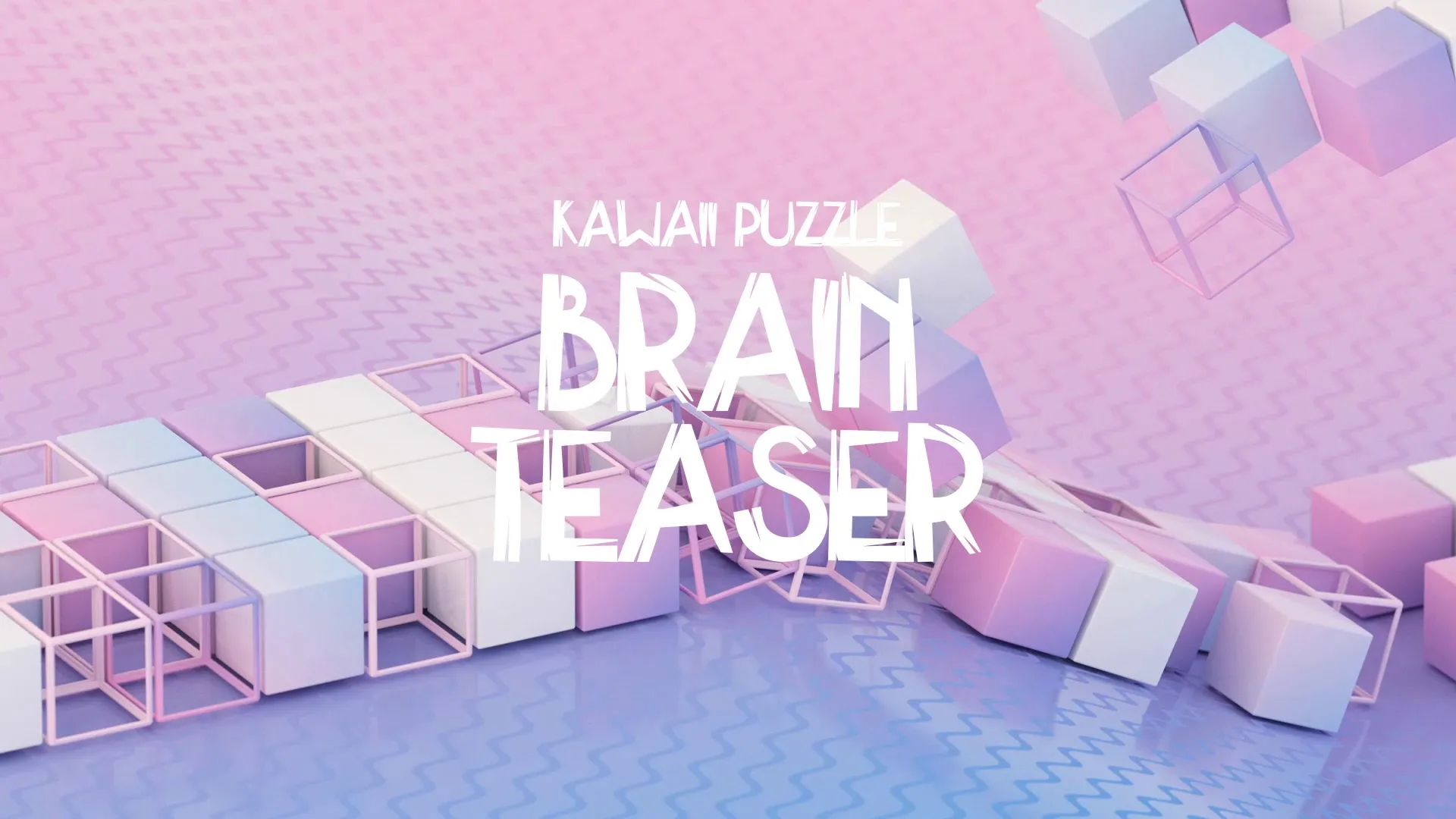
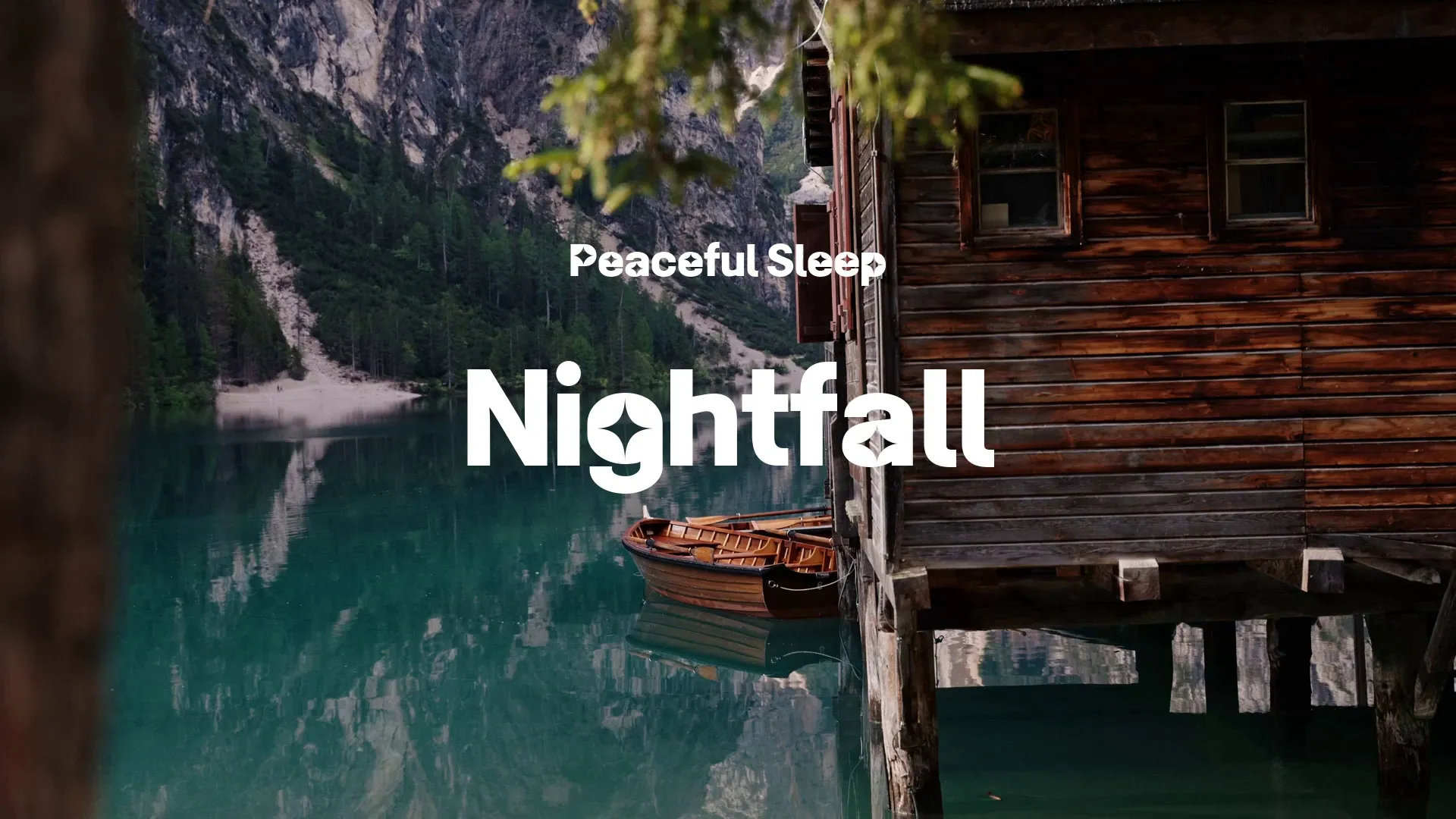




.webp)